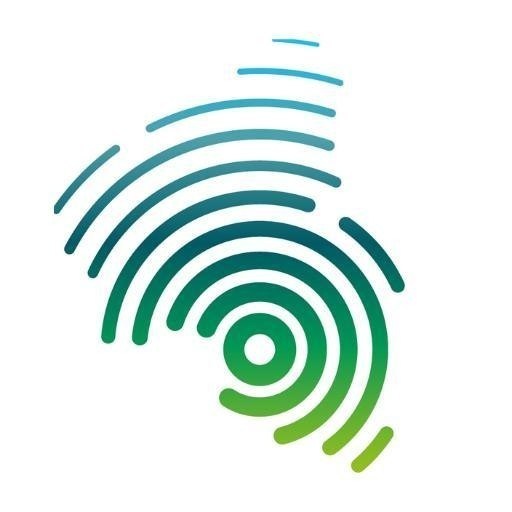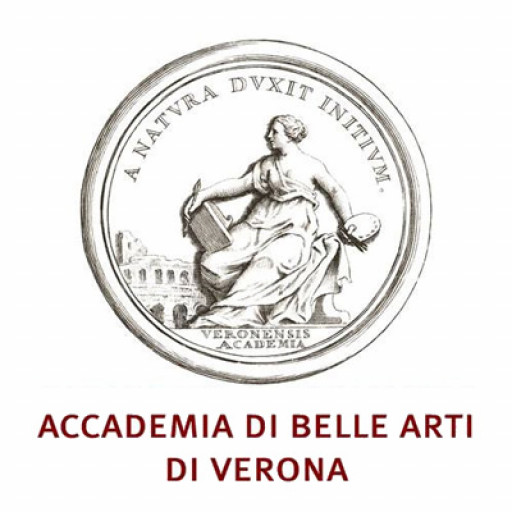Photos of university / #hochschulekl
The Product Refinement Master's degree program at the University of Applied Sciences Kaiserslautern is a forward-thinking and comprehensive course designed to prepare students for the dynamic field of product development and improvement. This program emphasizes the advanced engineering and scientific principles necessary to optimize existing products and innovate new solutions that meet high standards of quality, performance, and sustainability. Throughout the course, students deepen their understanding of materials science, manufacturing processes, and design strategies, enabling them to refine a wide range of products across various industries. The curriculum combines theoretical coursework with practical hands-on projects, fostering a creative and analytical mindset essential for tackling complex challenges in product development. Students will learn to analyze product lifecycles, implement cost-efficient manufacturing techniques, and integrate environmentally friendly practices into their work. Collaboration with industry partners provides real-world insights and opportunities for internships, enhancing practical skills. The program also covers aspects of quality management, testing, and certification processes to ensure that refined products meet regulatory standards and consumer expectations. Graduates of this program will be equipped to take on roles in research and development, quality assurance, and process optimization within manufacturing companies, design firms, and innovation laboratories. With a focus on sustainable and innovative product solutions, graduates can contribute significantly to technological progress and economic growth. The Master’s program in Product Refinement prepares students not only to refine existing products but also to lead future innovations that shape markets and advance technological capabilities globally.
Educational organisation
Studies can begin twice a year in either the winter or the summer semester. Each module is offered only once a year. To enable a choice of modules from mainly one semester (summer or winter), the Master's thesis can be started after successful completion of three modules (30 ECTS) and before the other modules are taken.The winter semester modules are Advanced Mathematics for Engineers, Materials Science, Product Cleaning Technology and Surface Characterisation, Coating Technology and Functional Surfaces, Colorimetry and Varnishing, Management Skills and Processes, and the Project Thesis.
The summer semester modules are Applied Thermodynamics and Heat Transfer, Advanced Mechanics, Refinement of Polymer Compounds and Textiles, Customer-Oriented Polymer Refinement, Fracture Mechanics and Tribology, and the Project Thesis.
Studium Generale is semester-independent.
The university provides industrial contacts and attempts to match the applicant's interests to research work available in-house. The homepage provides further information and contact data about the responsible professor to whom participants' detailed interests/intentions should be communicated.
Study abroad unit(s)
It is possible to spend the third semester abroad working on the Master's thesis.Internships
The programme itself offers numerous possibilities for intensive practical academic training and project work, partly in combination with local or regional companies. Depending on personal interests and upon agreement, students can complete an individual R&D module called Project Work with up to 10 ECTS. The Master's thesis is normally performed at a company in or outside the region.Forms of assessment
Modules are assessed by written and oral exams, in most cases embedded in group project work and presentations during and at the end of the semester. The Master's thesis has to be written in English. The research work involved can be performed at a local company (many contacts available) or at university.Course objectives
The primary objective of the programme is to qualify students in mechanical engineering, especially in chemical engineering, polymer engineering, textile engineering, and materials science. Additionally, the programme aims to deepen engineering fundamentals as well as to offer practical experience in implementing these in international groups with other engineers from all over the world. The focus of the programme is on the cross-linking of multiple engineering disciplines. To ensure that graduates can play a decisive role in this effort, the programme places a strong emphasis on the development of "soft" skills. The Master's programme is specifically tailored to careers in:- Process and product development
- Project management
- Project planning
- Testing
- Consulting
- Production
- Procurement
- Sales
Language requirements
Applicants must provide proof of their English skills at level B2 of CEFR (e.g. TOEIC 785).In order to understand the official language in Germany, applicants should have linguistic proficiency at level B1 of CEFR, Test-DaF 2 or equivalent.
Academic requirements
Applicants must hold a Bachelor's degree (210 ECTS) with an overall grade/mark well above average (such as "with distinction", "first class", "excellent", "very good" or "good" depending on the grading scale) in- engineering
- chemistry or physics
- or an equivalent qualification
Applicants with a degree of 180 ECTS (six semesters, three years) will require additional courses/credits of 30 ECTS in total prior to the start of their Master's thesis. These credits can be obtained by recognition of additional Bachelor's modules, additional study-abroad modules, work experience after completion of their Bachelor's degree or by successful completion of additional modules at HS Kaiserslautern - University of Applied Sciences.
Admission is limited to a maximum of 25 students per module. Due to varying choices of elective modules, this results in an overall intake of approx. 25 students per year into the programme. Selection is based on four criteria: 1) academic quality, 2) résumé, 3) letter of motivation and 4) linguistic proficiency. Candidates are advised to follow the instructions described in the "Guidelines for Applicants" on our homepage. Professional experience after obtaining the Bachelor's degree is not required, but it will often strengthen the application.
We intend to inform non-EU applicants as early as possible in order to facilitate visa applications.
Enrolment fees
A social fee of approx. 230 EUR is charged per semester (see homepage for changes). The fee includes a semester ticket covering public transport in the greater Kaiserslautern region as well as student union membership (discounts on meals, etc.).Costs of living
If a visa is required, the immigration authorities require proof of funding of 8,000 EUR for the first 12 months, which is sufficient for living, but at a rather low-budget level. Approx. 750-800 EUR would usually be appropriate to cover personal expenses. Rent is approx. 150-250 EUR.Job opportunities
Due to the intensive nature of the programme, students have limited time for part-time jobs. Positions as research assistants at the university can sometimes be offered, but they are not guaranteed before enrolment.Funding opportunities within the university
Six scholarships of 3,000 EUR each are granted every year to outstanding incoming and outgoing students from all departments.http://www.fh-kl.de/aaa










